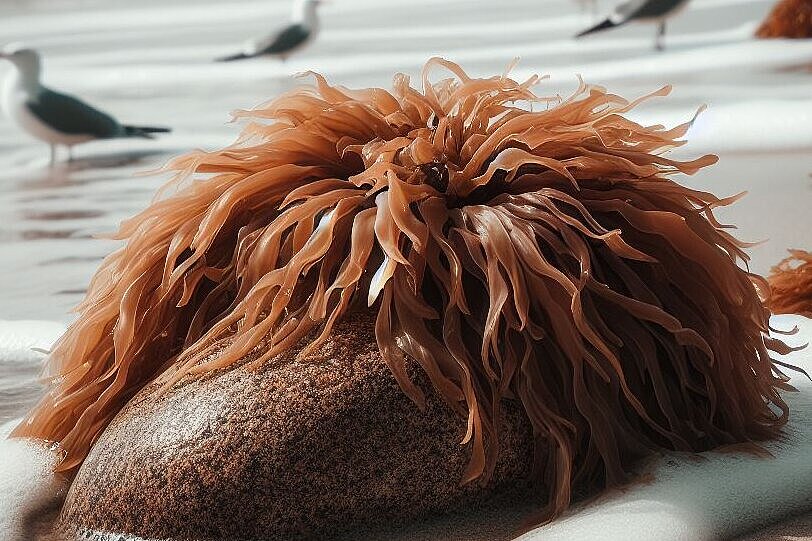Carboxymethylcellulose

What is carboxymethylcellulose?
CMC is a derivative of cellulose, a plant substance consisting of sugar. CMC is formed when cellulose is treated with caustic soda and chloroacetic acid. Some of the hydroxyl groups of the cellulose are replaced by carboxymethyl groups (-CH2-COOH). The result is a gel-like substance that can be dissolved in water or alkaline solutions, depending on the degree of substitution.
CMC has the E number E 466 and is approved as a food additive in the EU. It is mainly used in confectionery, ice cream, cheese preparations or cake fillings to give them a smooth or creamy consistency. CMC is also used in the textile industry, in detergents, in paper products and in drilling fluids.
How does carboxymethylcellulose affect dogs?
CMC is considered harmless to humans and animals. It has no known side effects or toxicity and is not absorbed or metabolized by the body. It is simply excreted unchanged.
However, there are some studies that suggest that CMC may weaken the mucus barrier in the intestines of mammals. The mucus barrier protects the intestinal mucosa from contact with intestinal contents and thus prevents inflammation or infection. In mice lacking the IL-10 gene, a gene involved in immune regulation, CMC in the diet led to bacterial overgrowth of the intestinal mucosa and signs of inflammation similar to Crohn's disease. CMC also increased the symptoms of colitis in particularly sensitive mice.
Such effects have not yet been proven in humans, but it is possible that CMC could lead to digestive problems or intolerances in some people. Whether this also applies to dogs has not yet been sufficiently researched. You should therefore be careful when giving your dog products containing CMC, especially if it already has a pre-existing intestinal condition.
Carboxymethylcellulose is a widely used food additive that serves as a thickening agent or stabilizer. It is generally harmless to humans and animals, but can potentially impair the mucus barrier in the intestine and thus contribute to inflammation or infections.
If you notice any signs of hypersensitivity or poisoning in your dog, you should see your vet immediately. We are not a substitute for a vet, but we try to be as accurate as possible. Every dog reacts differently and we recommend you get a second opinion or consult your vet if in doubt.
Stay healthy and take good care of your four-legged friend!😊
Similar to Carboxymethylcellulose
Xanthan gum is a thickening agent obtained from the fermentation of sugar by bacteria. It has the property of gelling and stabilizing liquids. This means that it prevents the components of a product...
Guaran is an extract from the seeds of the guaraná plant (Paullinia cupana), which is mainly found in the Amazon region. This extract is rich in guaranine, an active ingredient that is structurally...
Alginic acid is a carbohydrate that occurs in the cell walls of brown algae. It has a gel-forming effect and is therefore approved as a food and feed additive under the number E 400. Alginic acid is...
Pectin is a plant polysaccharide found in the cell walls of fruit and vegetables. It is a natural gelling agent that is released when fruit is cooked or frozen. Pectin is often used as an additive...



